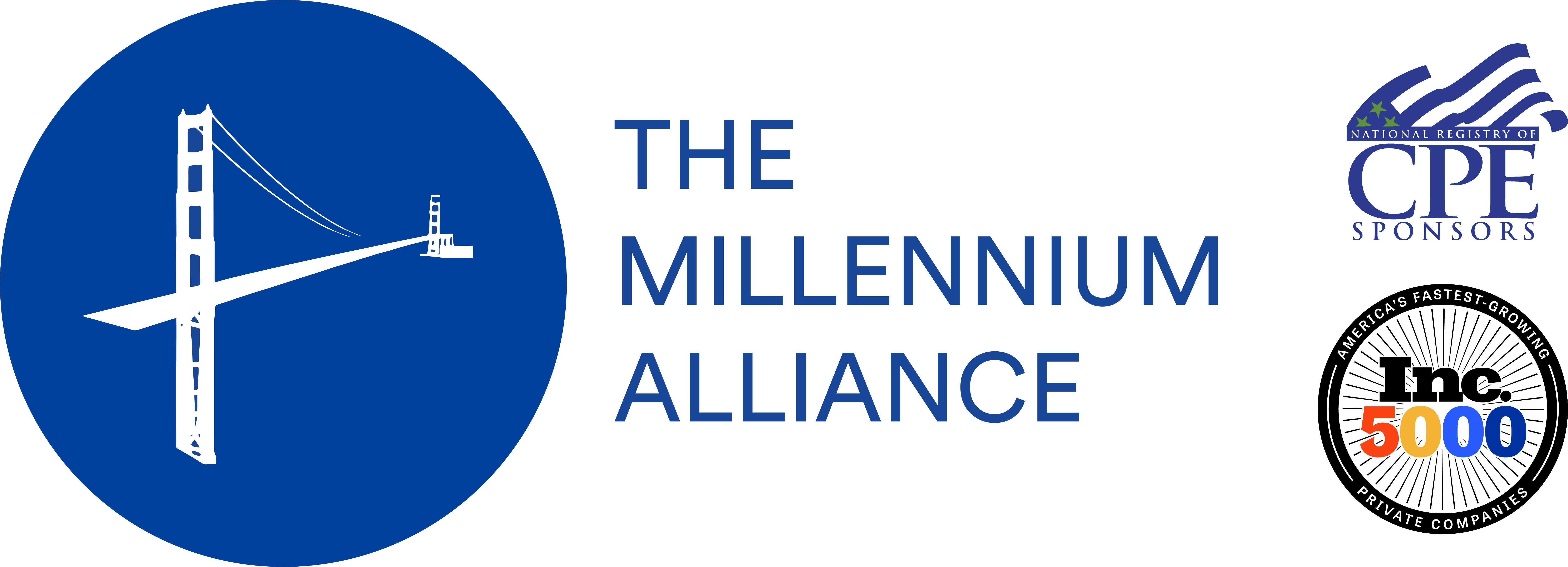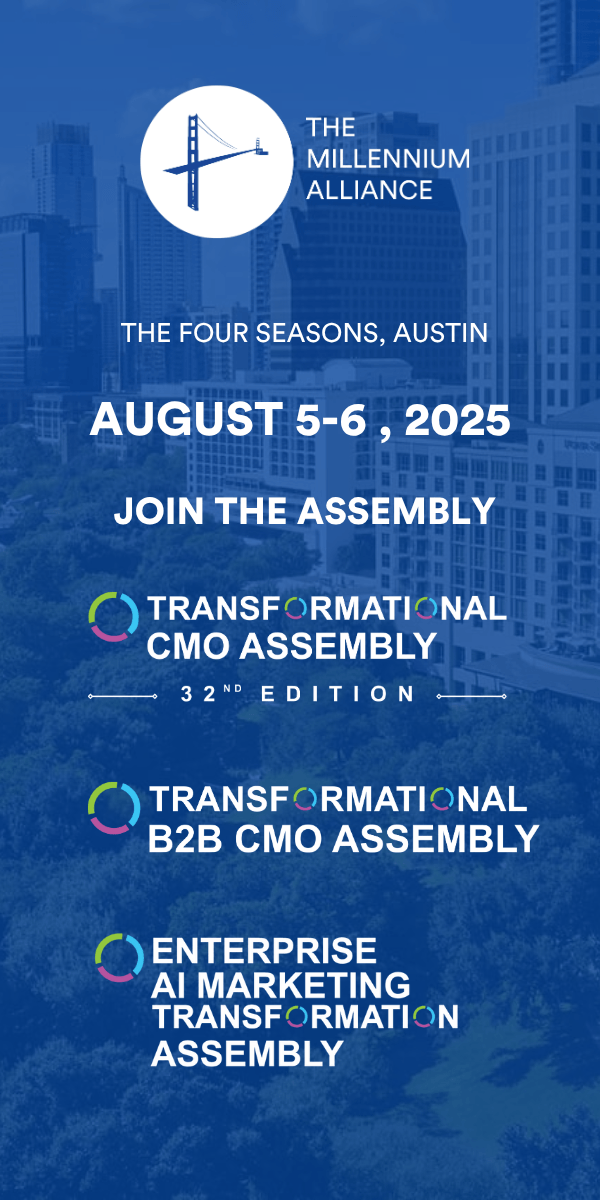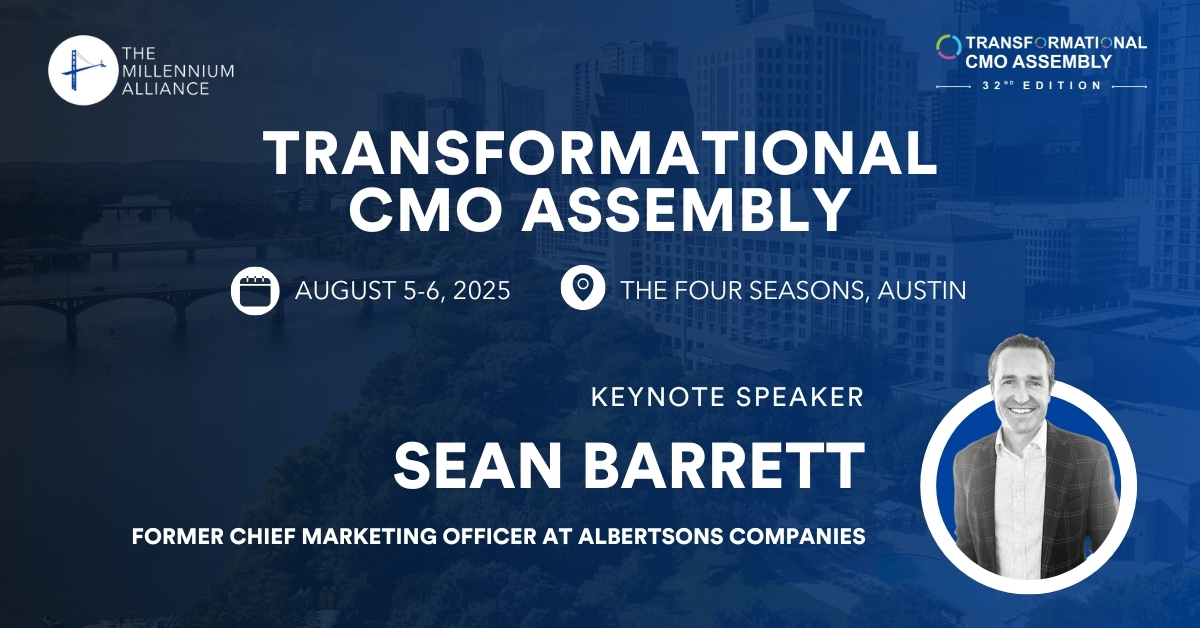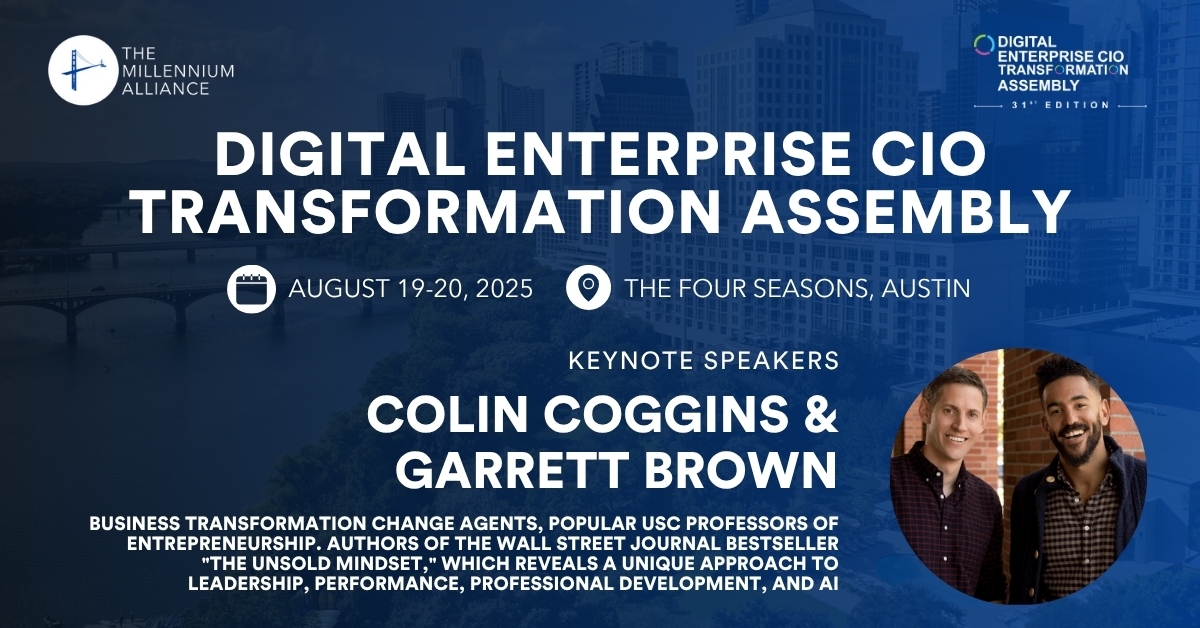It’s the software at the top of every marketer’s mind. But choosing from the massive field of vendors can be challenging. Here’s how to do it. (*Content Provided by Exponea)
If you work in marketing, chances are you’ve heard the acronym “CDP” (customer data platform) a few times during the last year. Maybe you’ve seen it in the headlines of some articles. You might be considering a CDP for your company.
If you’ve started to look for a CDP, you’ve noticed that you have a lot of options. There are over a hundred vendors that declare themselves to be a CDP, and would love for you to sign a contract with them.
But choosing a CDP can be a complex, and expensive, decision. You need to be sure you make a carefully considered choice. So what should you look for when choosing a CDP? Let’s take a look.
What is a CDP?
First, you need to be clear on exactly what a CDP is. This can prove to be more difficult than you might expect. That’s because the CDP category is relatively new, and the definition evolves with time.
The CDP Institute coined the term “Customer Data Platform” in 2013. It was meant to gather various programs and software that did similar things under one label. Today, the CDP Institute defines a customer data platform as “packaged software that creates a persistent, unified customer database that is accessible to other systems.” We can unpack that definition a little more.
Packaged software means that you can buy the solution ready-made. While you could create an in-house solution that has the same features of a CDP, it wouldn’t be considered “packaged software”.
A persistent, unified customer database is the part of the definition that most businesses are interested in. Today’s customer interacts with a company across a vast number of touchpoints: in-store visits, browsing the online shop, interacting on social media, and so on. Each of these interactions generates data, and this data often resides in separate systems: a POS system, a CRM, a marketing automation tool, etc. This results in fractured customer profiles, and no comprehensive view of each customer.
A CDP should be able to address this challenge by ingesting all these sources of data, putting them together, and building a complete view of each customer. This view is persistent because it exists for an indefinite period of time, allowing marketers to calculate things like the lifetime value of a customer.
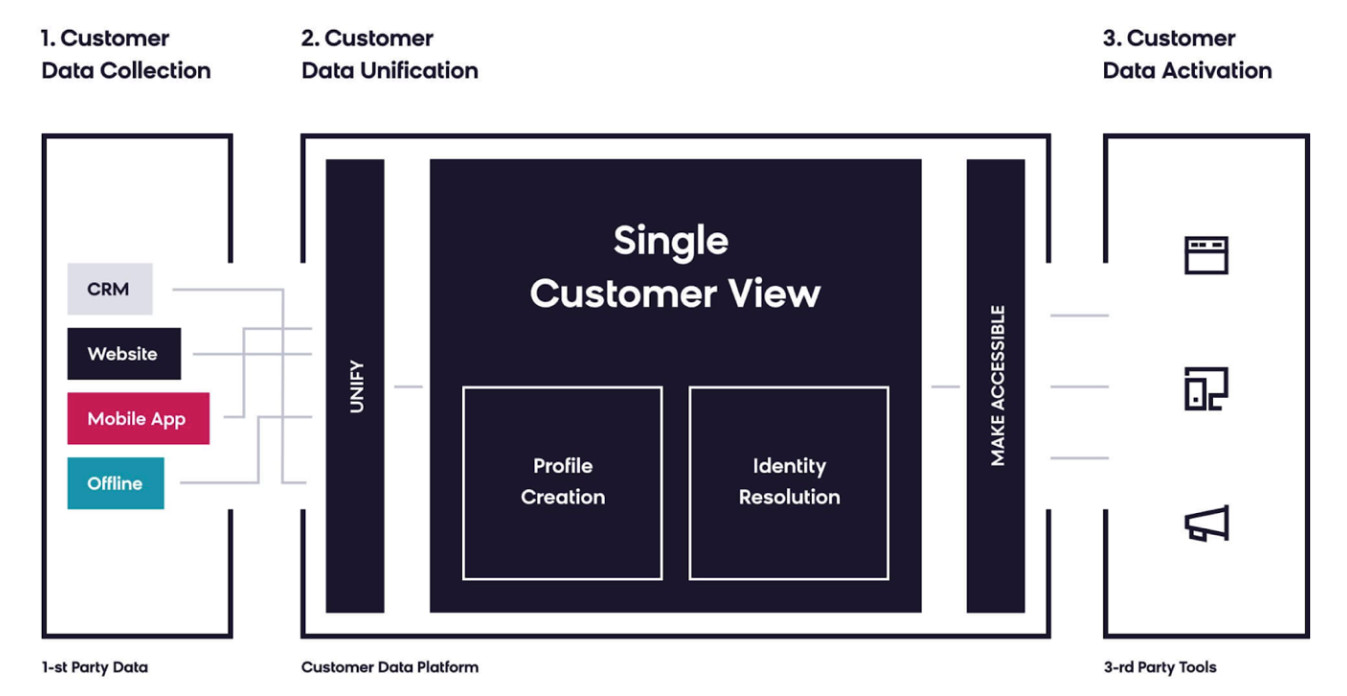
Finally, the data in a CDP should be accessible to other systems. The value in having this complete view of each of your customers comes from being able to do things with it, whether that’s creating hyper-personalized customer journeys, or discovering actionable insights based on longitudinal analyses of customer behavior. These tasks are typically managed by other tools, but they need a source of good data, hence the need for a CDP.
Who needs a CDP?
All the hype around CDPs might lead you to believe that you absolutely must have one to succeed in your business endeavors. That’s not necessarily the case. CDPs can offer a lot of value to businesses that can make use of them, but not every business can.
If you are thinking about a CDP, there are several factors you need to address first.
What’s the size of your company? Small and small-to-medium sized businesses probably do not require an advanced solution like a CDP. Many of their needs can be met with other tools, like a CRM and an ESP. A caveat here is if you expect the amount of data you work with to increase significantly in the near future. If this is the case, a CDP might help future-proof your growth plans.
Midsize to large enterprise companies are better candidates for a CDP. They are more likely dealing with much larger quantities and more sources of data, which is where a CDP really shines.
What industry are you in? A lot of CDPs are perfectly suited to e-commerce. The large volume of data there is easily managed by a CDP, and a good CDP makes omnichannel messaging significantly easier.
If you are in a heavily regulated industry, like banking, insurance, or medical, you need to be more careful when selecting a CDP. Your requirements regarding data security need to meet certain standards, and not all CDP providers will be compliant with them. A CDP might still be a good choice, but be sure that the vendors you are choosing from have experience in your industry.
Do you lack a comprehensive view of your customers? This is the primary benefit of a CDP, so if you feel like this is something your company lacks, a CDP is a great option for you. But if this is not something that you feel is missing, then you might want to consider other solutions.
How do CDPs differ?
Once you have decided that a CDP might be right for your company, you need to start comparing vendors. You’ll quickly realize that there are more than a hundred different vendors, all competing for your attention.
Because CDPs have become so popular in recent times, many companies that were originally marketed as something different have rebranded themselves as a CDP. Some of these companies meet the definition of a CDP, while others don’t quite make it.
Other companies didn’t rebrand themselves, but their product offers more than just the core capabilities of a CDP.
All of this means that there is a big range of products that fall under the moniker of CDP. They tend to differ in a few key ways.
Industry focus. Some CDPs specialize in one or two industries. This is more common for heavily regulated industries like banking and finance. Other CDPs specializes in e-commerce. A CDPs specialization can influence things like:
-The ease of executing certain use cases
-The user interface and design of the platform
-Pre-built integrations with other programs
-The granularity of user roles, permissions, and audit logs
-The expertise of customer support provided
To make things easier for yourself, narrow your list down to CDPs that work with (and excel in) your industry.
Extra capabilities. Most CDPs offer more than just bare CDP functionality. When choosing a CDP, think about the pain points you want to solve and the capabilities you already have in your tech stack. Some extra capabilities could include:
-Advanced analytics capabilities, including machine-learning analyses
-Campaign execution and orchestration, including email, SMS, web, etc
-Out-of-the-box integrations with other tools
-Landing page builders, email builders
-CRO tools like on-site experimentation capabilities
-AB or multi-variant testing
These two elements, capabilities and industry focus, create the majority of differences between CDP vendors. Understanding where a given CDP fits with regards to both of these can significantly help your selection process.
How should I choose a CDP?
Once you’ve narrowed down your list of vendors to ones that are in your industry and provide the extra capabilities you’re looking for, you are ready to make a decision. But even though you’ve done a good amount of work by this point, the choice probably still seems difficult.
So here are two things you should watch out for in your final selection stages.
Use cases. You are investing in a CDP because you want it to do things for your company. So before you make your selection, make a list of all the use cases you expect to accomplish with a CDP.
When making this list, think of all the things that are required to execute your use cases. What do you have already, and what do you need the CDP vendor to supply? Be explicit about all requirements.
Then present these use cases to your chosen vendors, and see if they can fulfill your needs. Good vendors should be able to show examples of past work or even a live demo of your desired use case.
Success stories and track record. It’s great if your vendor can execute your chosen use cases. But it’s even better if they can show you some of the actual successes they’ve accomplished with other clients.
Look for public-facing success stories, and ask for references from clients in your industry. Check if the vendor has been reviewed on popular sites like G2Crowd. These can be good indicators of what working with them will be like.
You should also check the company’s history. The CDP space is crowded, and some companies won’t be around forever. A CDP is a big investment, in both monetary and organizational terms, and you need to be sure the vendor you choose will be there for you.
Companies with longer histories likely have more experience and know what it takes to succeed. If the company is younger, look at their funding. Multiple investment rounds can indicate trust in the company’s ability to do well.
If you can find a solid company, with the ability to execute your desired use cases, then you have a great candidate for a CDP. You can look forward to all the benefits of having a complete picture of your customer. And while all the buzz around the term CDP might make the software seem overhyped, there’s a reason it’s become so popular. With the right CDP, you can create significantly better customer experiences.

